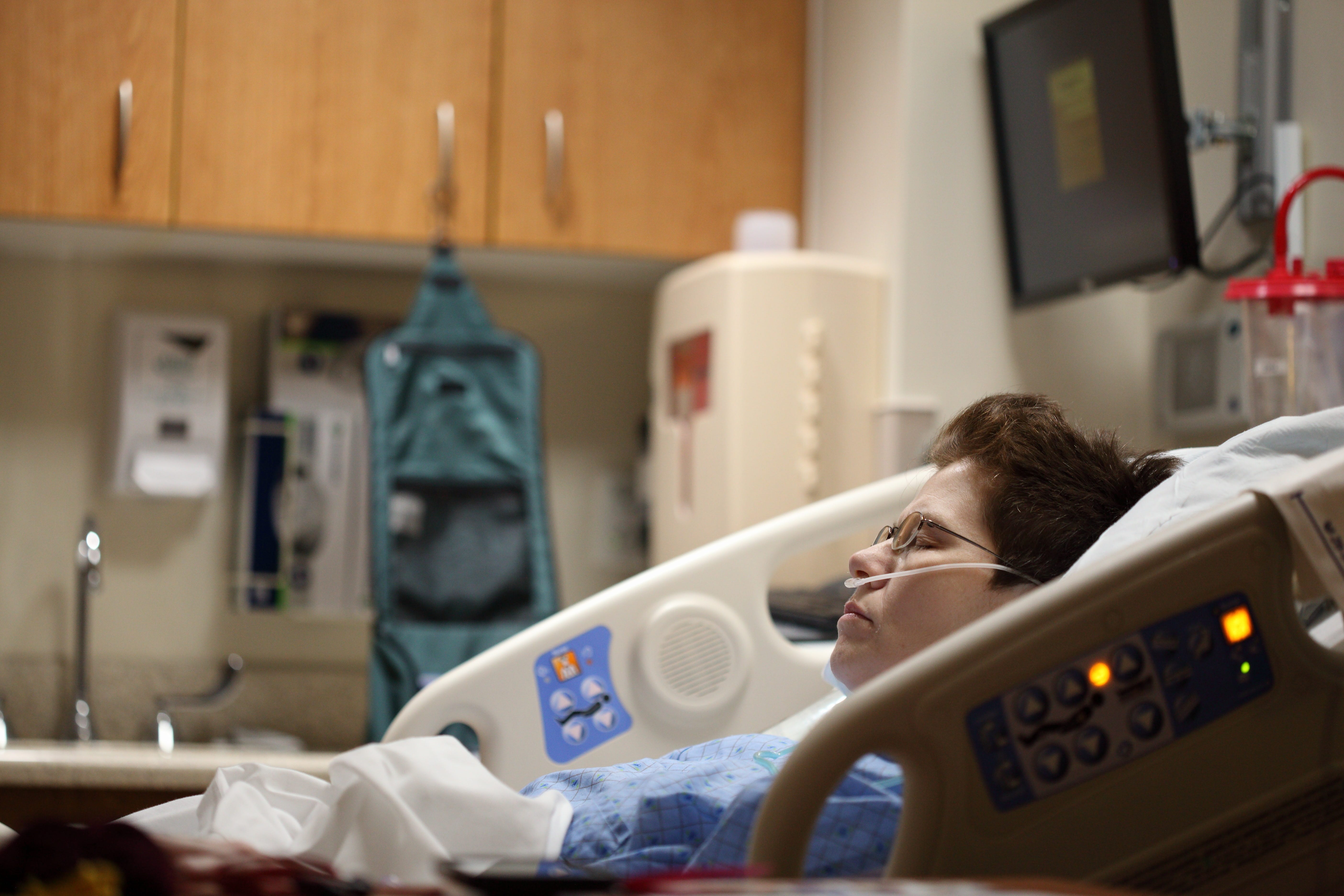Maryland is one of 45 states that currently allows medical students to perform public exams on female patients while the women are under anethesia. A new bill is being introduced to change that.
In the state of Maryland, there are no laws stating that medical students in training cannot perform a pelvic exam while a patient is under anesthesia without first getting the patient’s consent.
“When you ask women, they feel disturbed by the practice,” said Phoebe Friesen, a postdoctoral fellow at Oxford. It’s purely educational. It’s not in (the patient’s) benefit at all.”
Friesen is fighting to stop the practice. She said there are many medical students who are uncomfortable with it, too.
“A lot of students felt, understandably, very strange about it because they were being asked to put their hand inside a woman’s body that they knew hadn’t consented,” she said.
She published an article in the Journal of Bioethics, writing the following abstract: “These objections suggest that nonconsensual pelvic examinations on women under anesthetic are ethically acceptable on utilitarian grounds, in that they offer benefits either to the patient or to society, or on the grounds of triviality, in that consent is already presumed, or the practice is insignificant. Each of these objections is rejected and the practice is deemed indefensible.”

Surprisingly, only five states have a law requiring consent: California, Hawaii, Illinois, Oregon and Virginia. Maryland is about to join them.
“A lot of Marylanders, particularly women, realized that this wasn’t the law and became quite concerned,” said Maryland Delegate Heather Bagnall, D-Arnold, who introduced the legislation. “It’s a very scary idea that you could be vulnerable and not protected under the law.”
House Bill 364 forbids “health care practitioners, students and trainees from performing pelvic, rectal or prostate exams on unconscious or anesthetized patients without written consent or unless medically necessary.”
Friesen said studies have shown that more than half of women would consent to an exam while anesthetized, so the students would have a significant number of patients consenting to them continuing their training if the bill were to pass. And, Bagnall found many Maryland doctors are asking for consent, anyway, and says the new legislation simply codifies what is already a best practice.
“All we’re saying is that you have to get consent. It’s not that you can’t do these exams. It’s not that we want to stifle training or education. It’s that we want to say you just have to notify the patient. You have to get their consent,” Bagnall explained, adding, “This legislation is about peace of mind.”
“It’s not going to prevent students from learning, like some physicians fear it will,” Friesen said.
The bill has already received support from the Maryland Nurses Association and the Maryland affiliate of the American College of Nurse-Midwives, and it passed unanimously in the House. Bagnall expects it will pass in the Senate, too.
MedChi, the Maryland State Medical Society, contacted Bagnall about amending the bill to match the society’s language. The organization did not voice support, but Bagnall says it agrees with the ultimately goal.
Del. Susan Krebs, R-Carroll County, said she thinks the legislation could go even further than the state exams, stating, “Why is it limited to just those items. To me it should be for everything.”
Sources:
Consent not required for pelvic exams on unconscious patients in Maryland


Join the conversation!